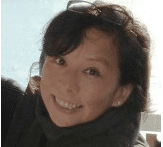
Last week, it was an honor to share the insights of musician and aspiring filmmaker Sean Lea and, this week, the fifth featured artist of What's Your Story? is Myra Sito Velasquez, a New York based, award winning playwright, filmmaker and director. I have met Myra before! In fact, I've even had the privilege of working under her direction as an actress in one of her amazing plays (read about it here), which made it a special privilege to speak with her for this project. Here is what she had to say:
1 In a short paragraph, please tell us a little about yourself, your background and your work
I am an independent filmmaker and playwright of Chinese, German and Mexican heritage born and raised in Tokyo. NYC has been my home now for over 30 years. My first film MOTHER’S BLOOD centers around my mother’s strange habit. The film is the winner of the Lawrence Kasdan Best Narrative Film Award among others. Some of my other works are: KUNG FU GRANNY, winner of the Best of the Fest Golden Honu Award among others, my award winning feature screenplay DIANA, a coming of age story set in 1970’s Tokyo, and most recently the play THE ASTONISHING JOURNEY OF MABEL LI AND THE MYSTERIOUS WAYS OF LORD BA THA ZA. This play is a Eugene O’ Neill Finalist and was also a selection of MU Theater’s New Eyes Festival.
2. What are the most challenging and most rewarding aspects of your work and why?
The most challenging aspect is that as an indie filmmaker, I wear the hats of producer, director and writer which somehow always extends to set design, props, craft service and then some. On KUNG FU GRANNY, I had a producing partner named Sunah Kim. The workload that was lifted off me as a result was heaven. PR is another aspect that I find challenging. I’m simply not good at it. As for the rewards, it’s hugely fulfilling to actualize projects that are deep to my heart that also resonate with others. And artistic recognition by way of awards and/ or a rich film fest circuit: awesome!
3. How do race and/or gender and/or diversity play into your work?
The protagonist of my award winning feature screenplay DIANA is a 12 year old girl of mixed heritage who, from all that she observes in the world around her, is convinced that men are the superior sex and that the “best” race is white. The challenges she faces are ones that I too faced at that age: how does a child, neither white nor male, make her way in a world which seems to tell her that she is a lesser being? As for my film KUNG FU GRANNY, while it is an action comedy, it was borne out of my displeasure at the shabby treatment of older people as well as my hunger to see more Asian female heroines. Re: casting, because much of my work is set specifically in an Asian milieu -- ( e.g.my play THE SOLDIER is set in 1930’s military Japan) --my cast has been generally all Asian. However, my playThe Astonishing Journey of Mabel Li and the Mysterious Ways of Lord Ba Tha Za does not have to be an all Asian cast. As this play is a fairy tale in a make-believe land, the more the cast reflects the world in all its wondrous diversity: great!
4. What are the best and worst things that have happened to you, within the context of race or gender issues in entertainment, and what did you learn from them?
My film THE LOVERS is about a Japanese man and a Chinese American woman whose passion for each other forces them to confront the dark legacy of the Japanese invasion of Nanking in 1937. It’s ultimately a story of love and hope transcendent but all the same, the subject matter was highly challenging for me. I was also highly aware how sensitive this subject is among Asians. To cut to the chase, no Asian American festival took the film. One Asian American festival went so far as to say my film was the worst of the worst. This was one rejection letter I wish I still had especially because shortly after, I received the notification that the film was an official selection at the academy award qualifying Palm Springs SFF followed by another and another, including the prestigious 26th Mill Valley Film Festival and NonViolent FF. The film is not perfect by any means --I see many things I’d like to change -- but I believe it could have generated a rich dialogue among the Asian community and the lack of support was disappointing. Lesson here being that everyone has their own agenda & issues and not to take things personally. I’m delighted to share that one prominent person of Asian descent swift to support the project was none other than Iris Chang, author of the groundbreaking bestseller “The Rape of Nanking”. She is a hero to me on so many levels.
5. If you could share a single sentence of advice or insight for others in the entertainment business, what would it be?
Keep to your vision and integrity and do your best.
6. As you know, AAFL TV promotes works that seek to effectuate positive and constructive social change through the medium of film. Do you think filmmakers have an obligation to create diverse and/or morally and socially conscious content? Why or why not?
As an artist, I am uncomfortable with the word “obligation” as it feels like a straitjacket. Having said that, I strongly object to any work that promotes hatred and cruelty against any race, gender and animals.
7.What are the most sage words of advice you can offer to new and emerging filmmakers?
Choose your cast and crew well. Don’t rush this part! You want the drama to be in the film not on set. Also, do your best to have as thorough and tight a pre-production as possible and have a great editor in place.
8. Does your advice change at all if I ask you to focus on women and/or minority filmmakers? If so, why and how.
No, it does not.
9. What is the single most fun moment you've experienced in the entertainment industry?
Pure bliss when -- on one of my shoots -- the harmony, focus and dedication from my DP, cast and crew was so palpable, you could taste it. Our location was gorgeous too, so that added to the luminous vibe of it all. I was on Cloud Nine for weeks after.
10. What is the single most obnoxious moment you've experienced in the entertainment industry?
“Your film is the worst of the worst.” The other is festival related. I’d promised that my film would be the premiere of a certain festival but then got into another great fest in which I was a contender for Awards. When I asked permission to screen at that festival, the guy said : ”But that would mean your film won’t be a premiere at our fest as you said!! I mean we’ll still screen your film, but....” Which had me immediately making nice, reassuring him that I would not enter the other festival. This pleased him. I subsequently discovered how utterly inconsequential the premiere factor was at that fest and to this day, I still get unhappy when I think how I missed out on the other--( and that possible award!!)-- because of the weird, power play snotty attitude of that guy. Lesson here being: if your film is a short, don’t get too wound up about “premiere.”
11.What lies ahead for you in terms of the entertainment biz?
I am working on a new play based on a short story. It’s my first adaptation, very much enjoying the process.
12. What does the phrase "Ethical Is Beautiful Be Beautiful" mean to you and your work, if anything?
What it says to me is: Try always to walk the higher ground. Be honest, kind and compassionate. Make the world a better place. Hatred, violence and cruelty is never the way to go.
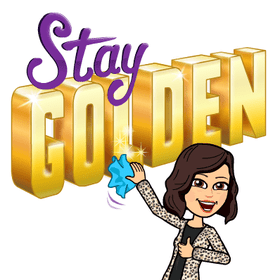
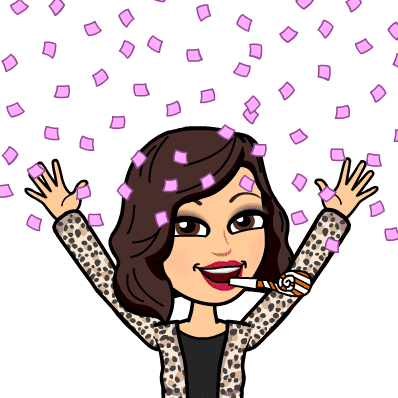


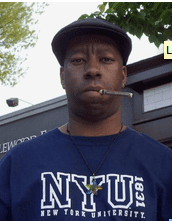
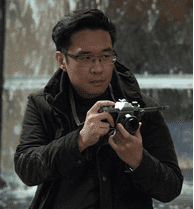

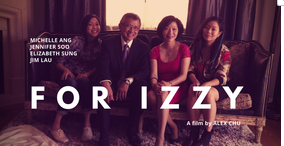
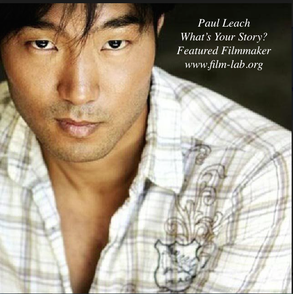


 RSS Feed
RSS Feed
